
- Article
- Article
The sweet sound of synthetic speech
After Alex experienced a serious deterioration in his sight, he came to rely on artificial voices to help him with everyday tasks. Find out how synthetic speech came to be developed.
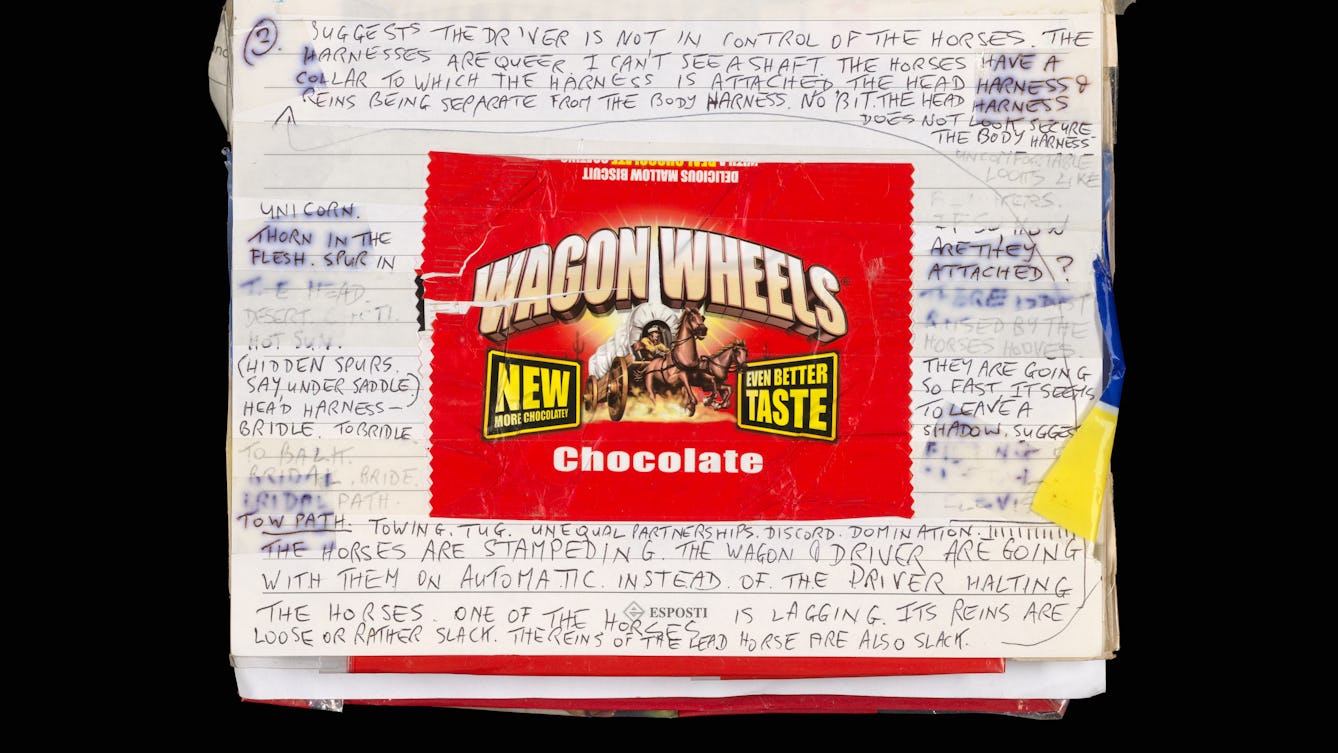
- Article
- Article
Cataloguing Audrey
Work begins in earnest to restore order to the archive Audrey Amiss kept of the minutest happenings in her life. Like detectives, the archivists search for subtle clues to chronology in the mass of materials.

- Article
- Article
Another way to listen
Background noise is something we often try to ignore. Adjoa Wiredu explores what happens if we intentionally choose to tune in.

- Article
- Article
Can isolation lead to manipulation?
Military-funded researchers wanted to know if isolation techniques could facilitate brainwashing. One neuroscientist suggested that it might improve our own control over our minds.
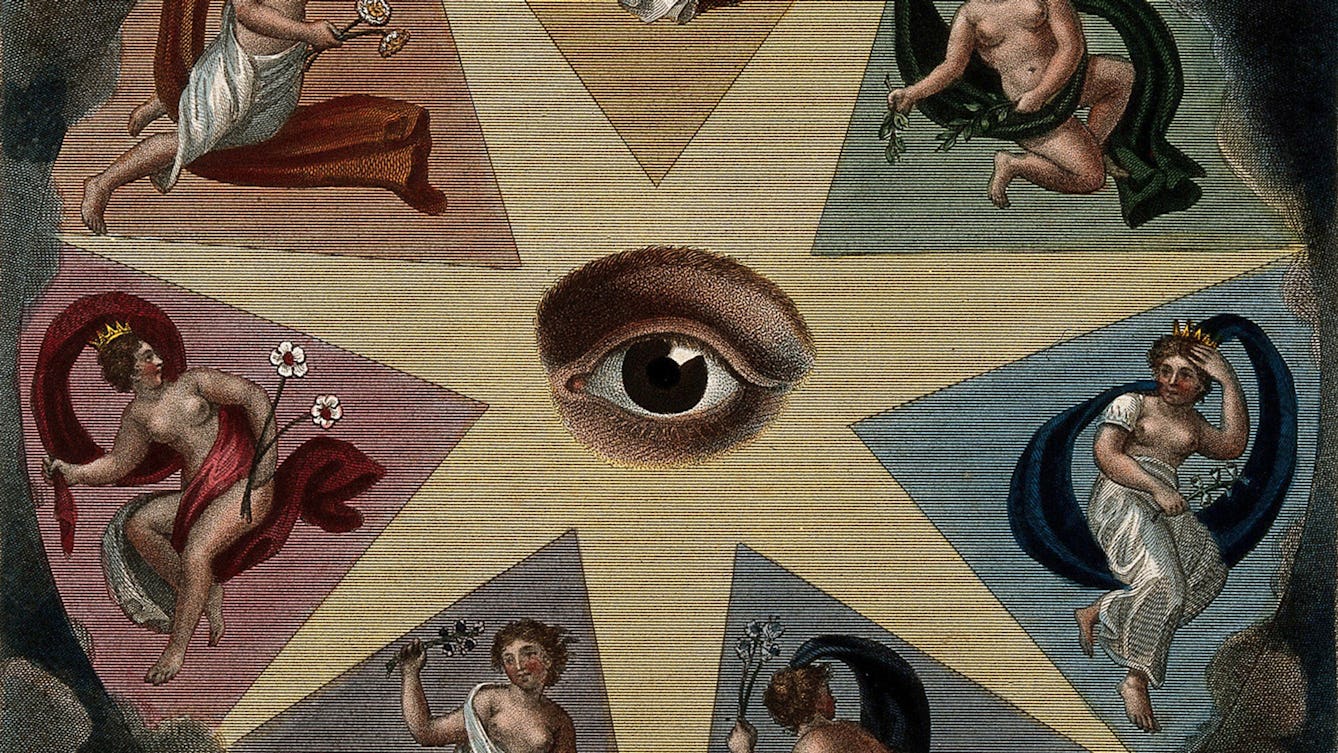
- Article
- Article
Do you see what I see?
Is reality actually what you see, or just an elaborate illusion?

- Article
- Article
How electromagnetic therapy inspired me
Poet Sarah James explores how repetitive transcranial magnetic stimulation treated her depression and influenced her art.

- Article
- Article
Surviving sex work on the streets
In care at four, on the streets at nine, Charmaine has had a traumatic journey to reach life as it is now: no drugs, no sex work, looking after her mum, and enjoying her grandchildren. Here she writes honestly about her past.

- Article
- Article
Talent, tech and visual art
Jamie Hale finds a combination of talent and technology are crucial when it comes to creating great visual art, but how do you keep working when your circumstances are in constant flux?
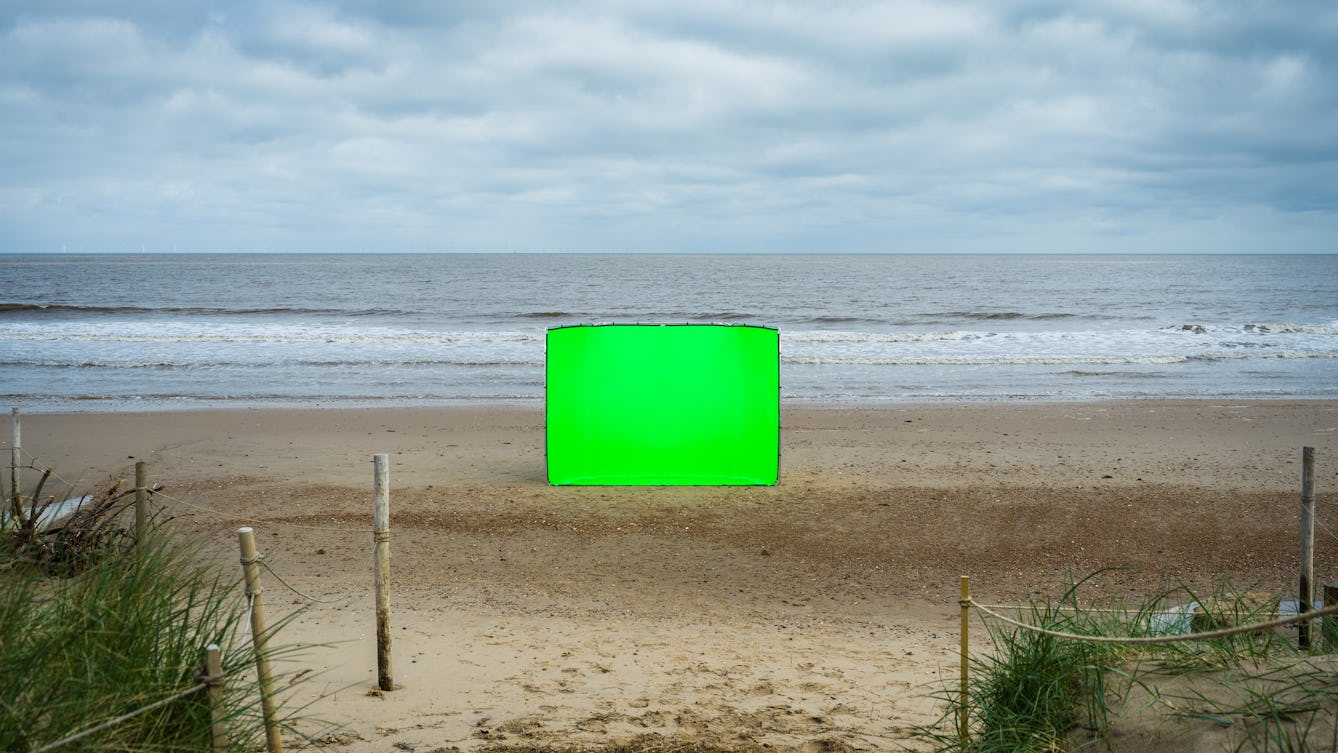
- Photo story
- Photo story
Temporary chroma key memorials
In this imaginary podcast, artist A R Hopwood creates a scene where he interviews his friend and former collaborator ‘Paul’, who died by suicide in 2019.

- Article
- Article
Chasing spring
Isabella Kaminski reflects on a transformative journey that saw her cycle the length of the UK, tracking the first signs of spring. She explores what the changing seasons can tell us about ourselves and the climate crisis.
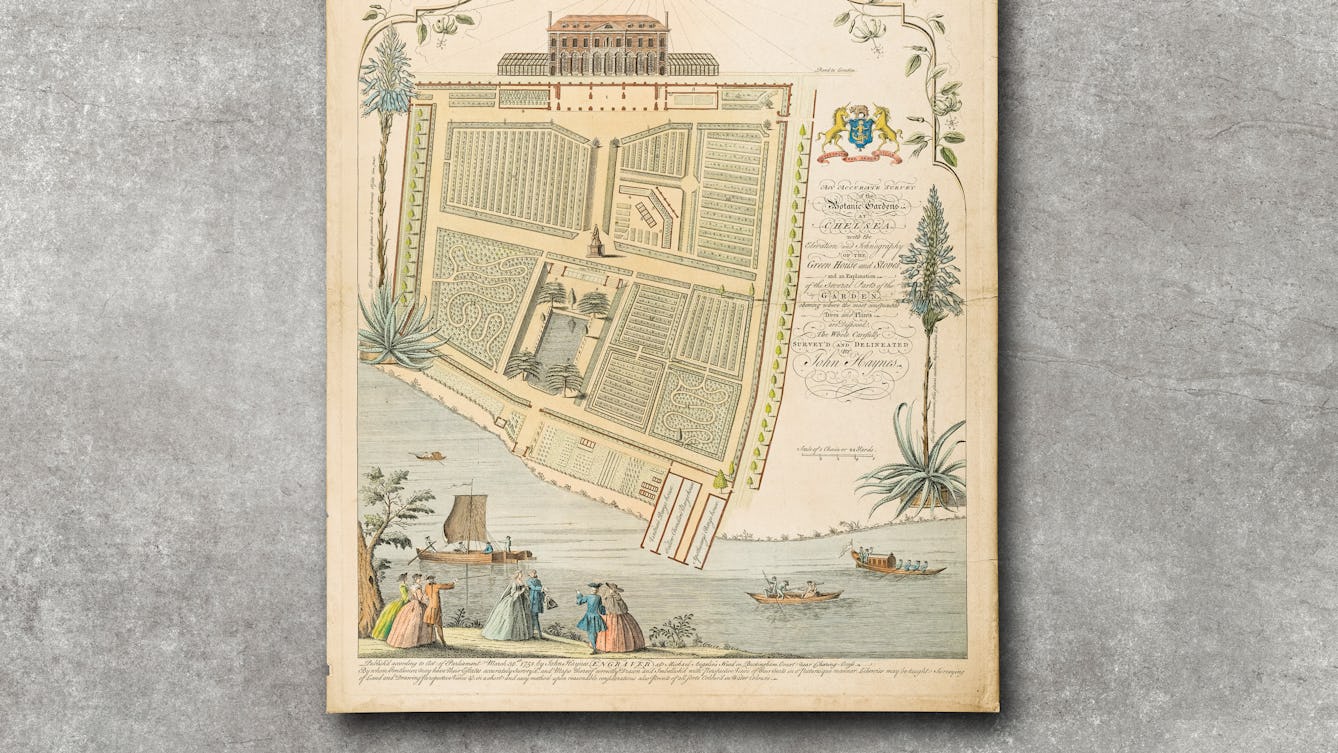
- Article
- Article
The healing power of the physic garden
Having experienced the healing power of plants and gardens, Iona Glen goes in search of present-day “physic gardens” and their origins in history.

- Article
- Article
A Drop in the Ocean: internal reality
This immersive audio piece was designed to give listeners a greater understanding of psychosis, something that’s hard to explain in words.

- Article
- Article
Dyslexia and its misconceptions
Overcoming common myths about dyslexia only adds to the challenges of growing up with the condition. Madeleine Morley, who was diagnosed with dyslexia aged eight, goes into myth-busting mode and shares her personal experiences.
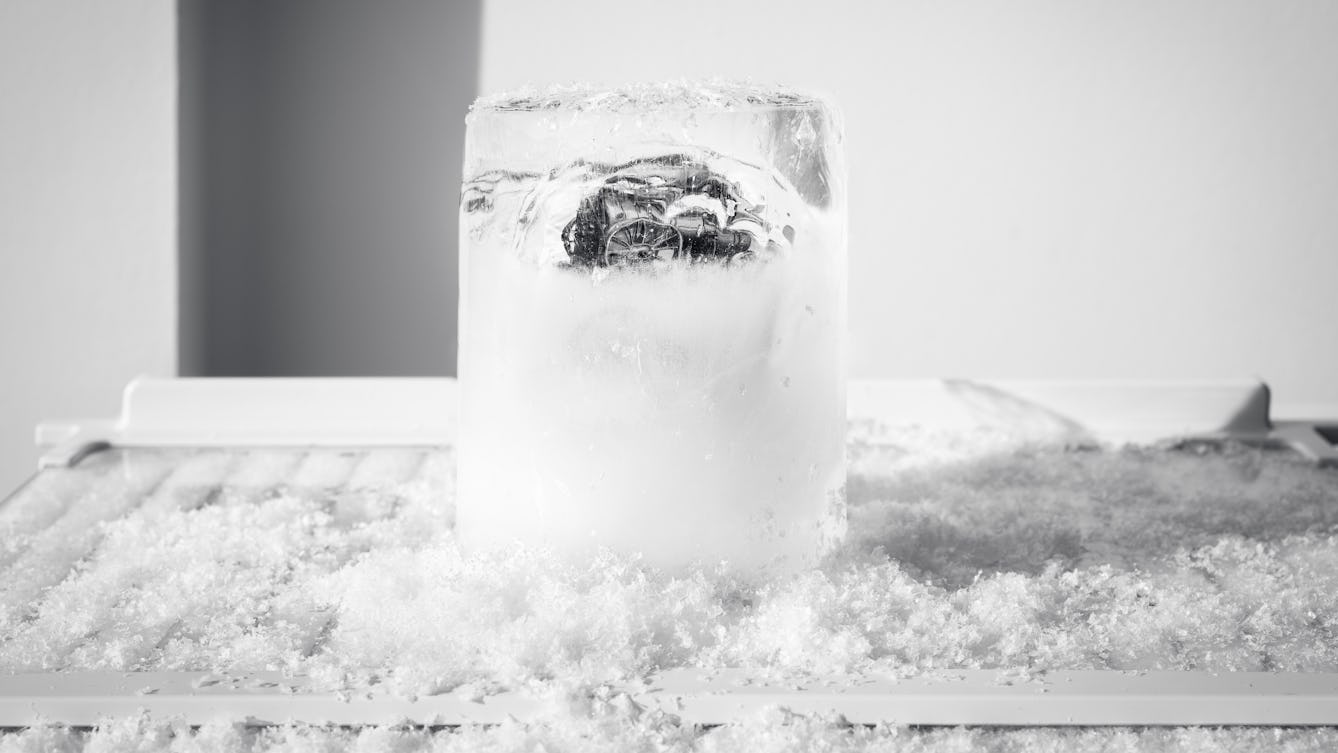
- Article
- Article
Bubbles of history
Since the 1960s, scientists have been able to study the air from past centuries by analysing particles in Arctic ice samples. But as the polar ice melts, the future of this research is changing.
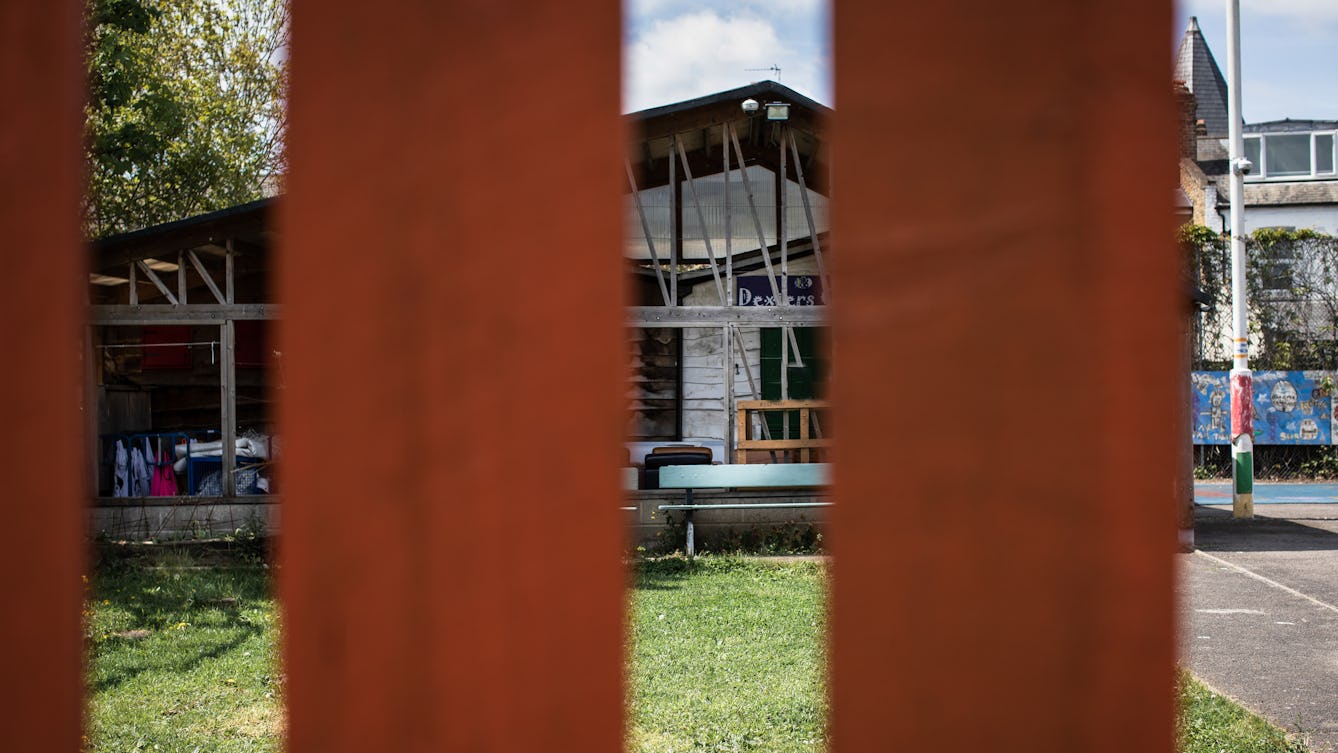
- Article
- Article
Parks and politics in Brixton’s past and present
Gentrification is creeping along Railton Road, but racial inequality still lingers in memories of the 1980s, and in the continuing lack of green-space access.

- Article
- Article
The unimprovable white cane
Recent technological additions to the white cane aim to make the world easier for visually impaired people to navigate. Alex Lee explores whether new is really better.
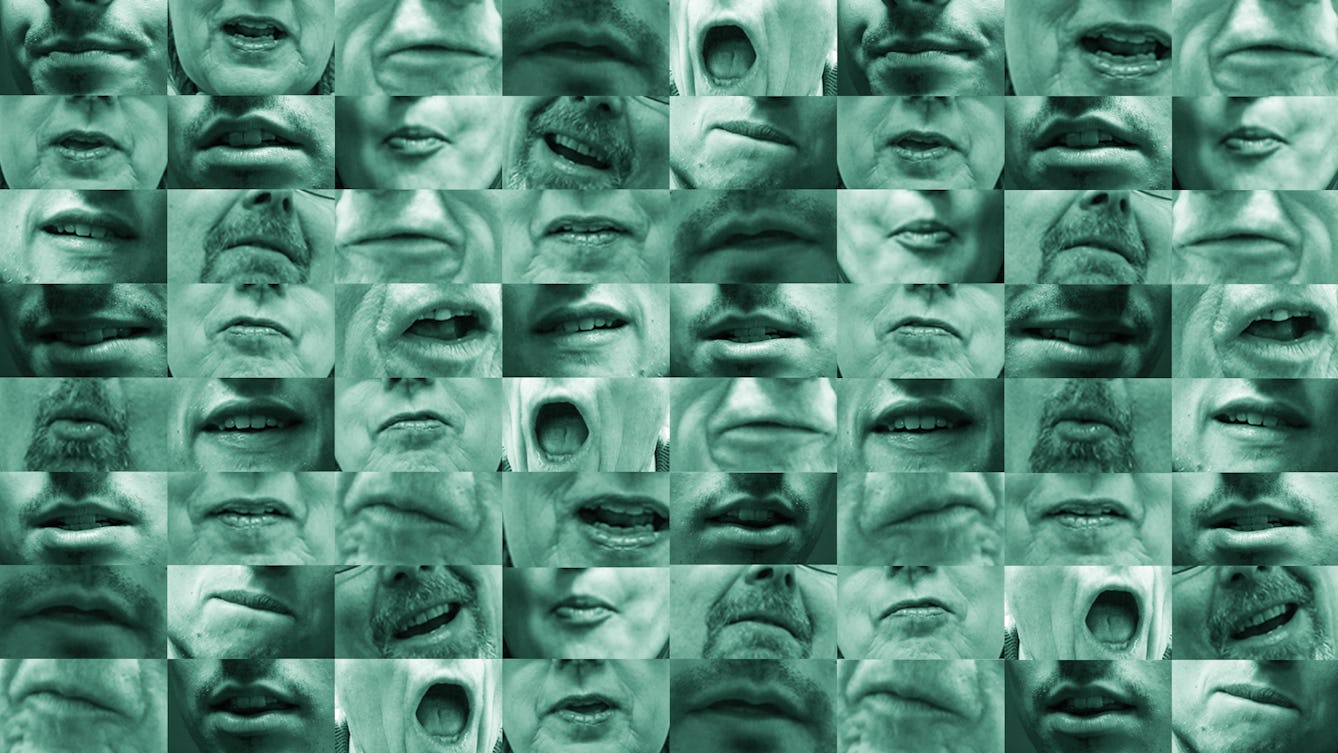
- Book extract
- Book extract
Out of the mouth trap
After 15 years of speech therapy, Jonty Claypole decided to make peace with his stammer. He explores our fear of disfluency, revealing how accepting it could actually increase our creativity and persuasiveness.

- Article
- Article
Can our sexual desires be transformed?
In the 1950s, many psychiatrists thought that homosexuality could be reformed. One found that it couldn’t – and his discoveries led to a change in the law.
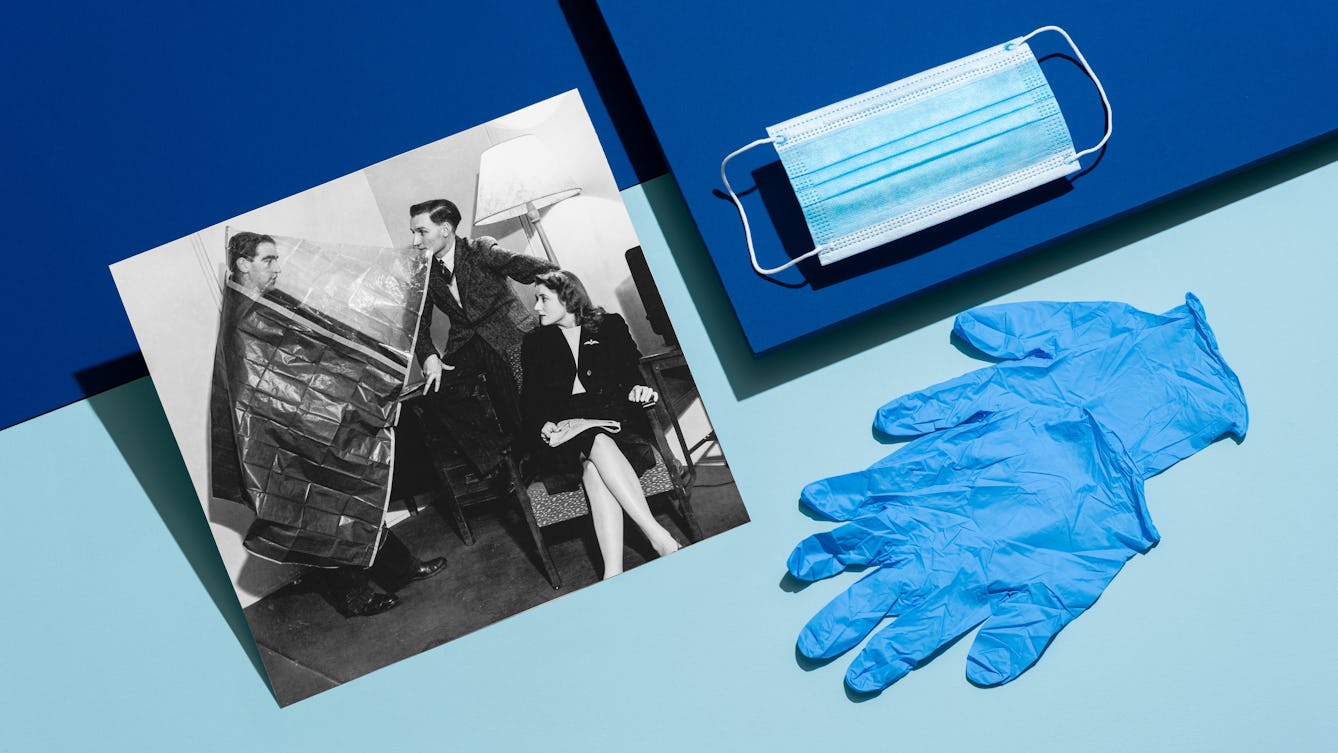
- Article
- Article
Remote romance and the common cold
Getting creatively romantic due to a virus sounds all too contemporary, but our archives show what socially distanced seduction looked like seven decades ago.

- Book extract
- Book extract
Eating their own kind
In his grisly history of cannibalism, zoologist Bill Schutt asks what drives an animal to feast on its own flesh and blood.
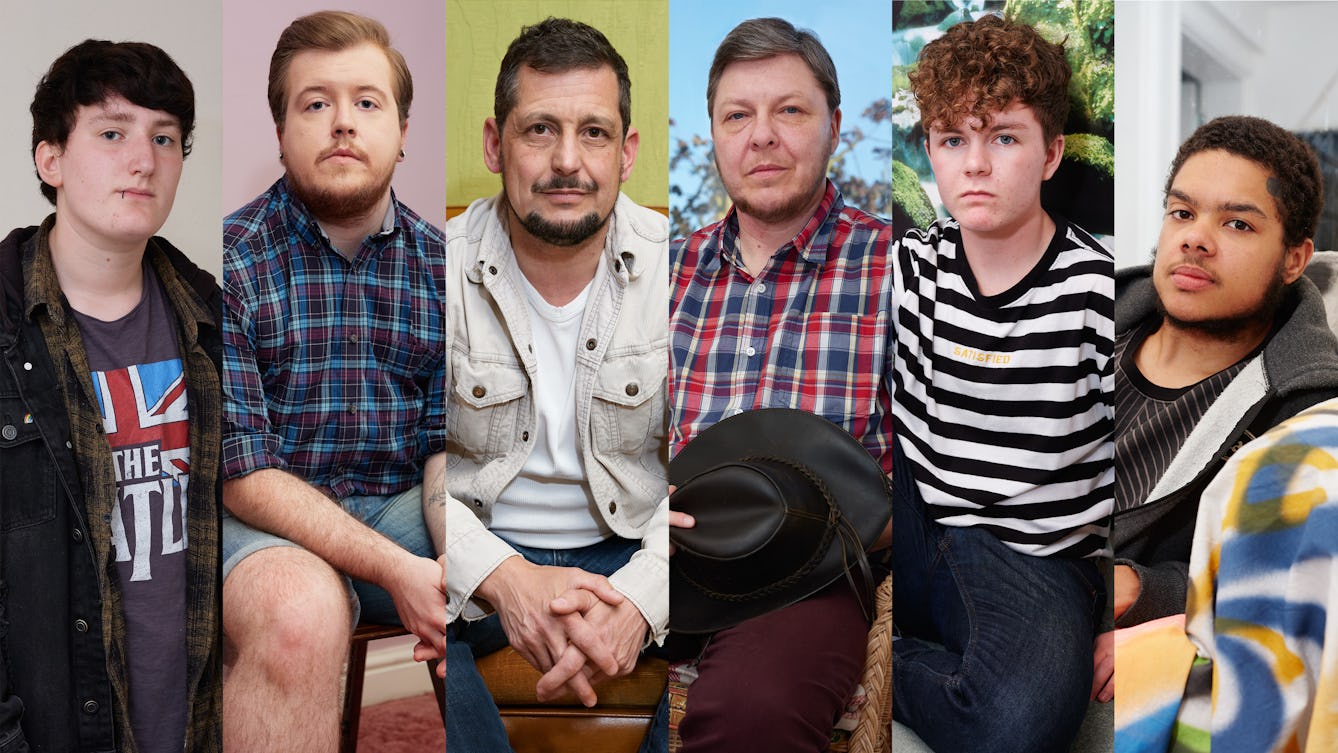
- Photo story
- Photo story
Transitioning and the family album
“It’s really hard to describe to people how you know you’re a man when those ways of describing masculinity to me aren’t true. You need to find your own.”
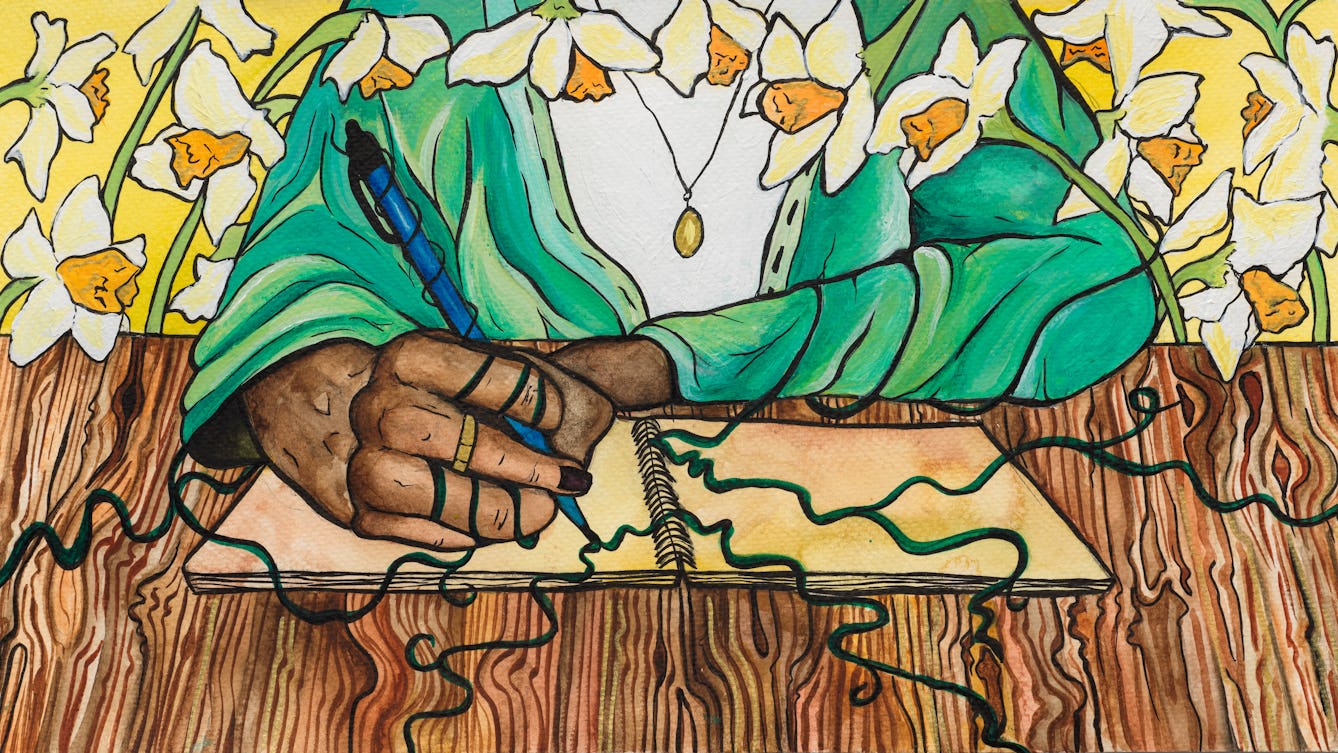
- Article
- Article
Appointments with plants
In our ‘always on’ culture, poet Elizabeth-Jane Burnett find a route away from screens – by following the ways of the trees and plants outside.
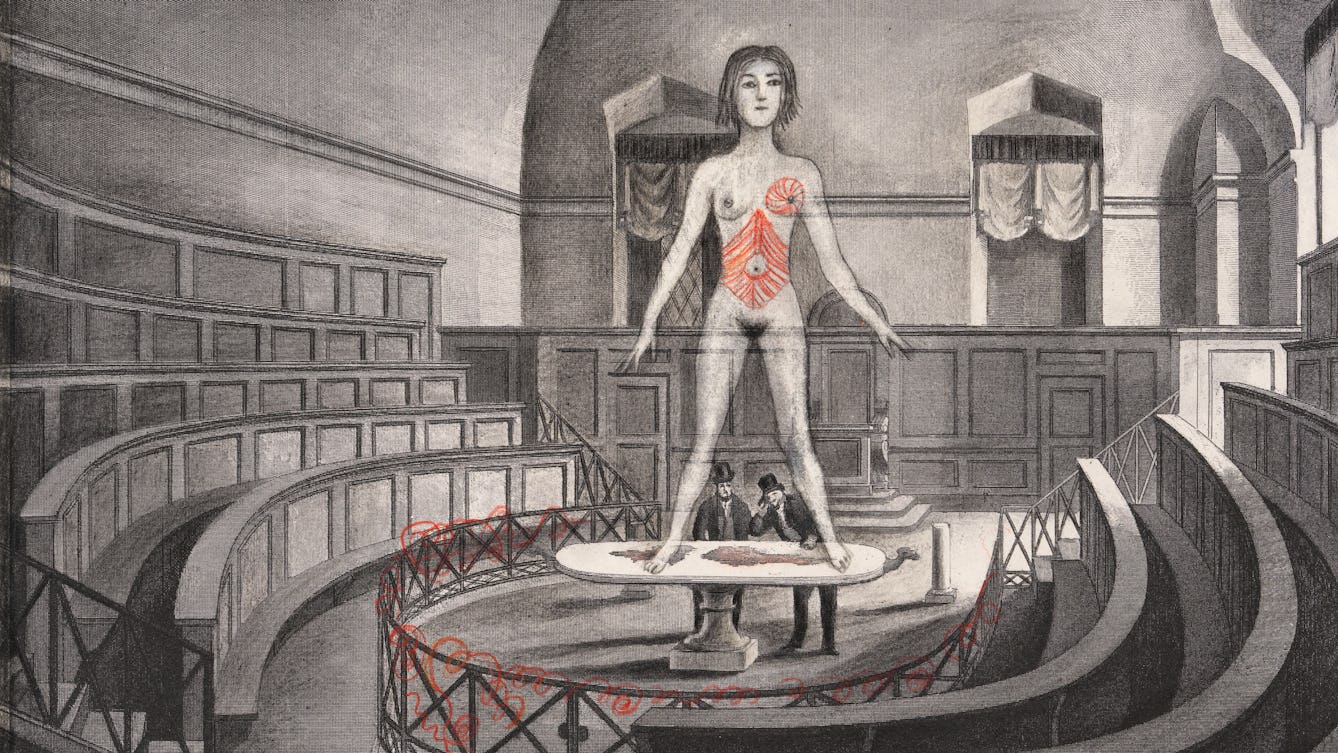
- Article
- Article
The pain that punished feminists
In a society that viewed getting the vote, and pursuing an education and career, as unnatural goals for women, the pain of endometriosis was viewed as nature’s retribution.
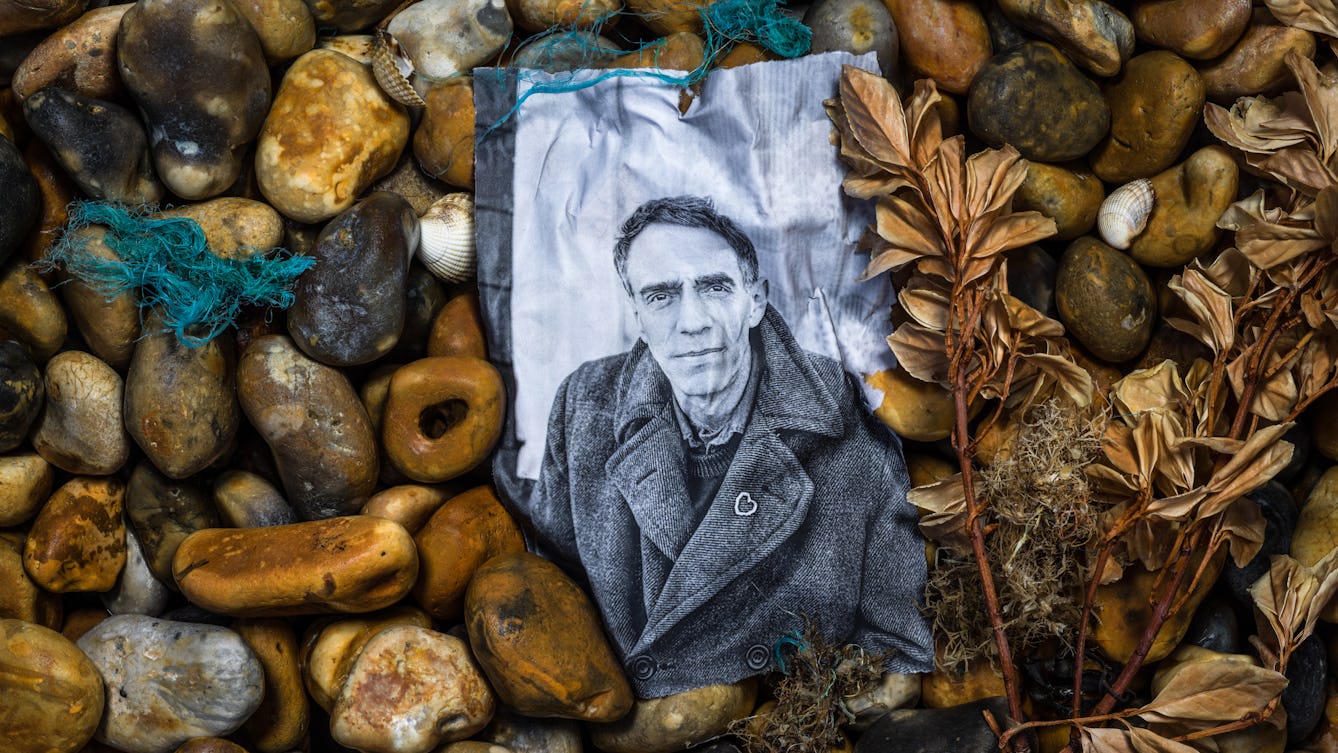
- Article
- Article
In the tracks of Derek Jarman’s tears
Researcher E K Myerson shares her moving encounters with the personal papers of artist and filmmaker Derek Jarman.

- Article
- Article
Why we need to decolonise the skies
Astronomer Dr Tana Joseph explores how rethinking way we look at the stars could improve our relationship with our own planet and make it a healthier place to live.